-
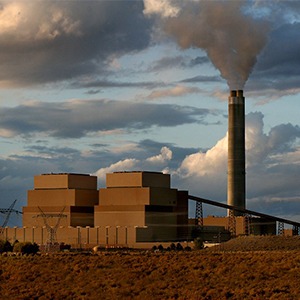
The most effective fiscal policies for communities facing transition away from coal dependency are those that build wealth over time and strengthen community capacity. Read more
-

New fiscal and policy assessments help local leaders understand their exposure to declining revenue and policy barriers during a coal transition. Read more
-
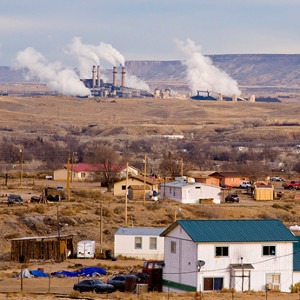
A recent review published in the Resources Policy journal with researchers at Montana State University shows that coal communities lack strong transition plans and largely are unprepared for coming changes. Read more
-
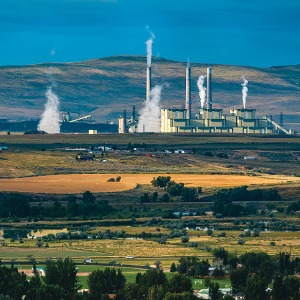
Coal fiscal policies vary widely across the West in terms of how revenue is generated, set aside in permanent savings, or spent by state and local governments. Read more
-

A guide to planning for the long-term social, economic and environmental well-being of the community of Colstrip, Montana. Read more
-
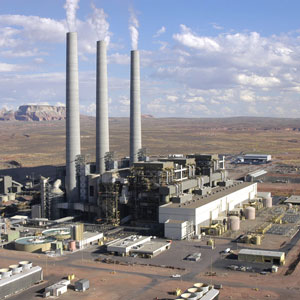
This post compares economic and demographic characteristics of communities where coal-fired power plants have recently retired or are scheduled to retire. Read more
-

The new Administration’s plans to remove coal regulations should not dampen efforts to shift coal transition planning West to assist displaced workers and diversify coal-dependent communities. Read more
-
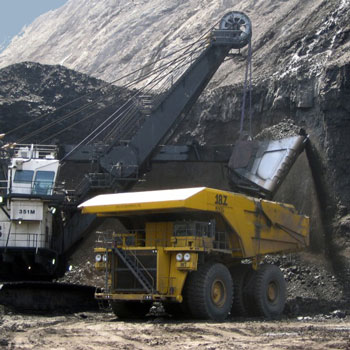
Explore the Socioeconomic Context of the Federal Coal Leasing Program Read more
-

This blog draws on federal data and research to describe more about the local economies of the communities dependent on federal coal. Read more
-

Lower overall coal generating capacity—the outcome of coal fired power plant retirements and a demand for coal that rises and falls depending on natural gas prices—will create new volatility for coal jobs and for counties, schools, and states that depend on tax revenues from coal. Read more
-
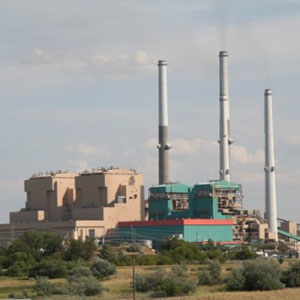
While Montana is likely to experience relatively small impacts, coal-dependent communities in Eastern Montana are likely to feel the acute effects of job losses and declining tax revenue in the coming decades. Read more
-
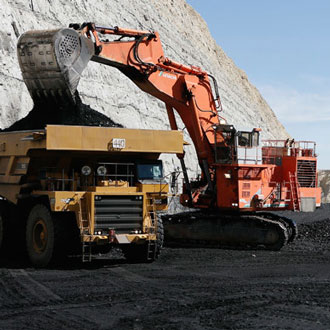
Analysis shows that proposed federal royalty reforms will increase the cost of delivering natural gas to domestic power plants by a greater amount than coal. Read more
-
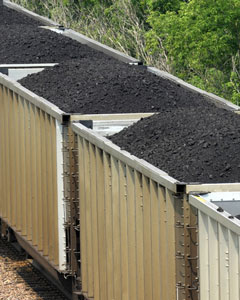
The proposed federal coal royalty reform rule could have substantial revenue benefits for federal and state governments, limited impact on coal production or prices on federal lands, and increased transparency. Read more
-

The Office of Natural Resources Revenue recently proposed a new rule that would change the way federal coal is valued for royalty purposes. Will it hurt the industry? Yes and No. Read more
-
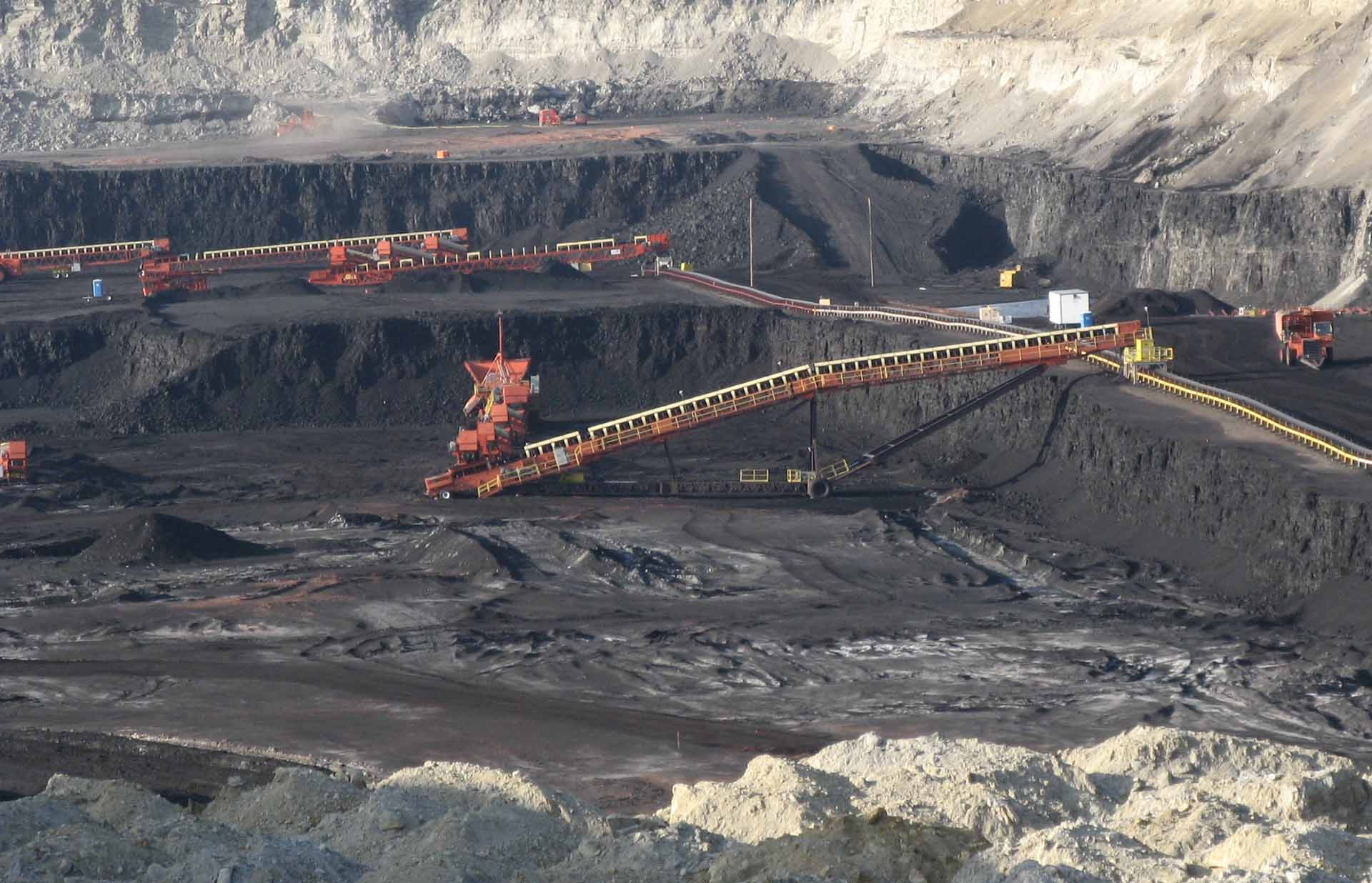
This report reviews problems with the current federal royalty system, estimates current effective royalty rates, and offers several reform options. Read more